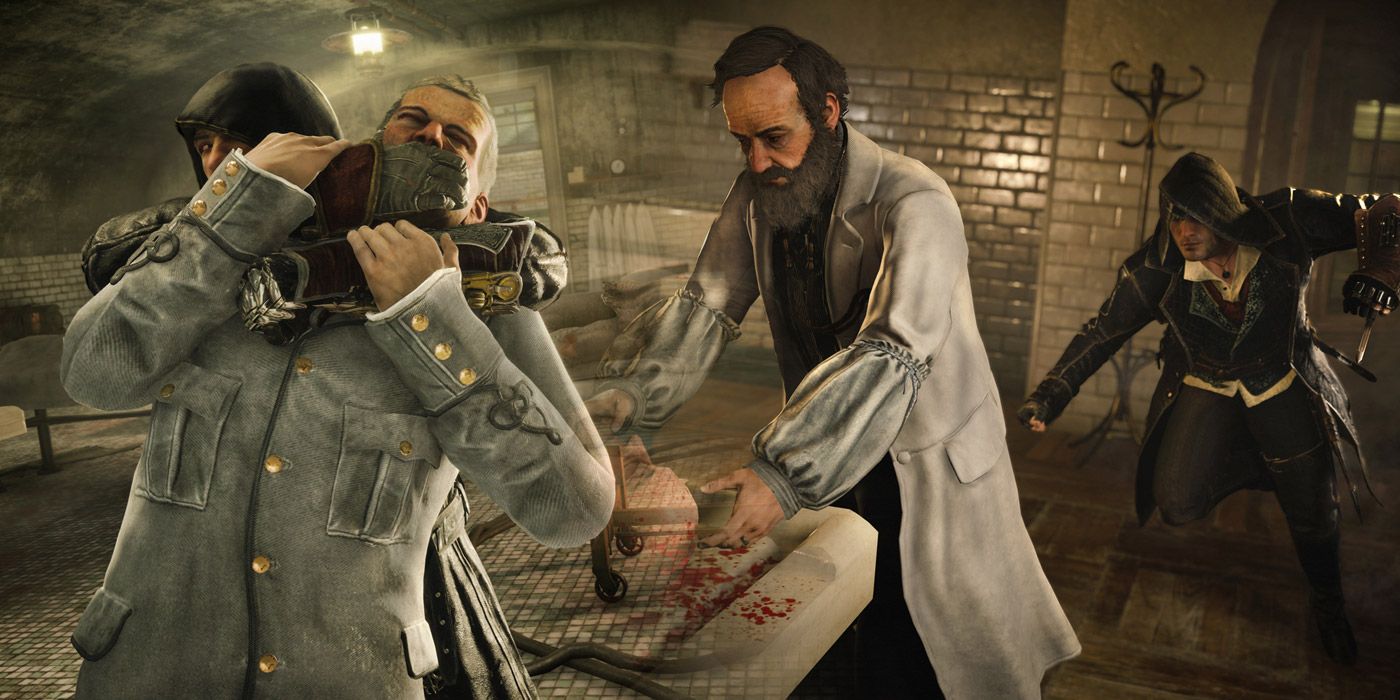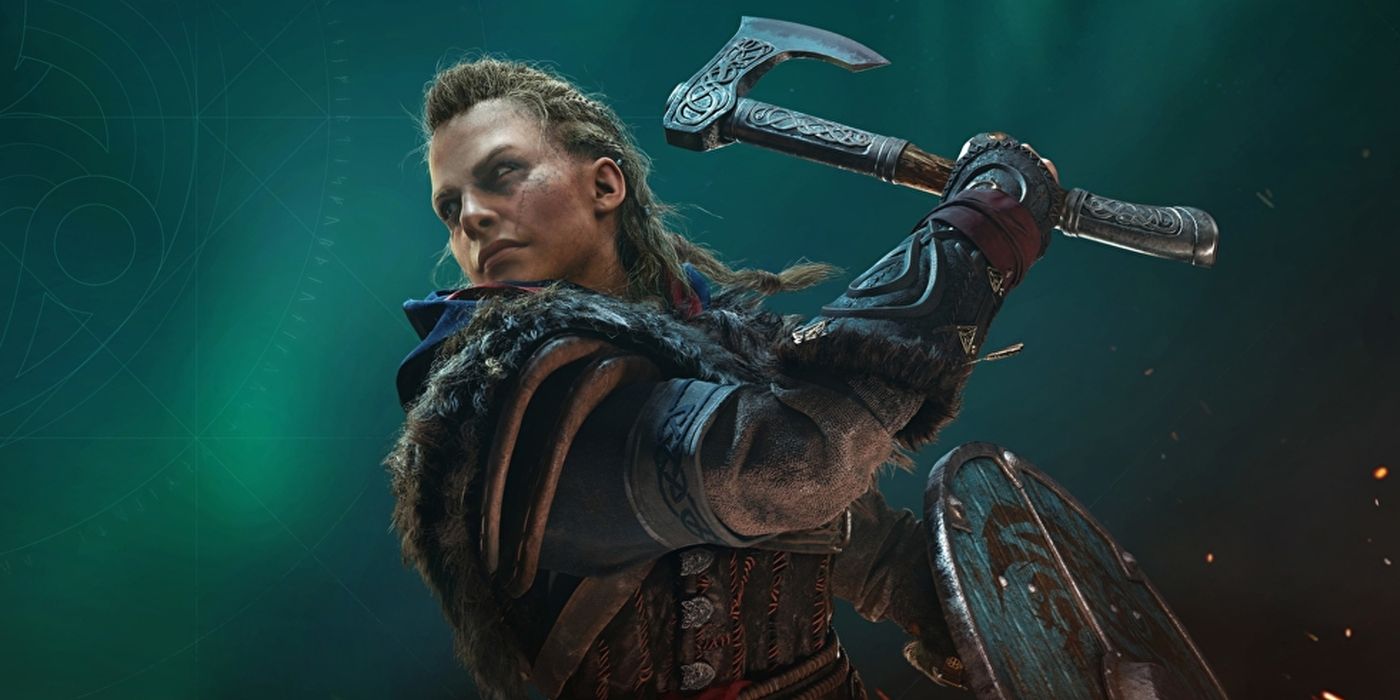Assassin's Creed has always enjoyed its generally critical and commercial success, and has grown out to be one of the most recognizable franchises in all of gaming. The prospect of murdering enemies silently with a hidden blade was a formula destined for success and a success it has been, resulting in a bunch of regular releases, spinoffs, and even movie adaptations. Earlier games in the Assassin's Creed series were really simple and focused titles, designed mostly around the at-the-time revolutionary climbing mechanics and social stealth elements.
However, as time went on, a portion of the community started to feel distanced from these games as a new release was due every year, which, for many, meant little in the name of innovation. 2015 brought with itself Assassin's Creed Syndicate, the last traditional Assassin's Creed game. Ubisoft has changed its formula radically since, and fans of the traditional style of the games are left clamoring for more. Assassin's Creed Syndicate was the last traditional Assassin's Creed, but it doesn't have to be.
Assassinating the Franchise Fatigue of Assassin's Creed
The series looks to be suffering from some kind of an identity problem once more. It's no secret that the jump from Assassin's Creed Syndicate to Assassin's Creed Origins came about from a building franchise fatigue, where the yearly schedule had led to an oversaturation of games. These originally focused heavily on combining the modern-day Assassin's Creed narrative and the ancestral adventures into one cohesive package. On the gameplay side of things, most of it involved taking down targets in the most flashy and sneaky ways possible while hanging from ledges and jumping across rooftops. When Assassin's Creed Syndicate didn't quite hit the mark in 2015, especially after the launch of AC Unity in 2014, the series warranted a significant rework.
Ubisoft announced in 2015 that it will be taking a break from its yearly cycle, resulting in no new Assassin's Creed game in 2016, but with 2017 came Assassin's Creed Origins. Set in Ancient Egypt, the focus of the narrative shifted to the creation of the Assassin's Creed and the Brotherhod. The gameplay also received many big changes, with major additions being more side-missions and RPG-style progression alongside a fleshed-out combat system. At the time, it felt like a breath of fresh air, and fans and critics were happy to see Ubisoft experimenting with different ideas.
The next installment, Assassin's Creed Odyssey ramped up the RPG mechanics and focused a lot on brutal melee combat. Stealth options were present, but they weren't the focus. This entry received solid review scores, but it became a focal point for dividing the Assassin's Creed community on the direction the series should go. Assassin's Creed: Valhalla released last year and dialed back some of the RPG mechanics such as grinding XP and loot and brought back some of the social stealth, yet these systems are not ideal and do not represent the parkour and free-running of older games. The narrative, combat, and all is about facing enemies head on, as a true Vikingr, and not one of the Hidden Ones after all.
The Assassin's Creed formula looks to constantly get adjusted in the pursuit of making its fans content, but there's only so many ways it can contort. There's no right or wrong answer, but that doesn't mean giving up the new RPG style approach and the traditional stealth-and-parkour either.
Returning Back To Roots May Be Easiest, But There's Another Way Forward
The easiest way to satisfy fans of the older games is simply to return to making games the old way and forgoing the RPG elements the company has added over the years. This, funnily enough, would alienate most of the fans the newer style of games have amassed and, in a roundabout way, create this problem again. It seems that Assassin's Creed Valhalla, despite all of its positives, is where franchise fatigue may be creeping in once more. The series escaped it with the RPG direction the first time around, and it'll likely adapt again to avoid this again, but how?
As difficult as it is to please most of the fans, many would agree that there exists a sweet middle ground where fans of both styles of Assassin's Creed games could be happy. Credit where it's due, Assassin's Creed Valhalla tried to bridge this gap by reducing the grinding and adding in the option for a hidden blade instakill, but stealth and parkour still faltered. Still, an RPG set in a big enough to city to facilitate a big story, as well as provide ample stealth and parkour mechanics (perhaps with those even tied to RPG mechanics itself) seems like a reasonable next step to hopefully bridge both mindsets.
The essence of a traditional Assassin's Creed game, such as the fan-favorite Assassin's Creed 2, is in i's equal attention to charismatic characters as it is with regards to the sense of scale. The newer games have given players a lot of agency in how to approach their objectives, but escalated the scale beyond what a stealth game can truly tackle. Perhaps, it is possible to incorporate some of the learnings acquired from the RPGs into something that could be considered as a back-to-form, traditional style of Assassin's Creed. After all, nothing is true and everything is permitted.
Assassin's Creed Syndicate is available now on PC, PS4, and Xbox One.



